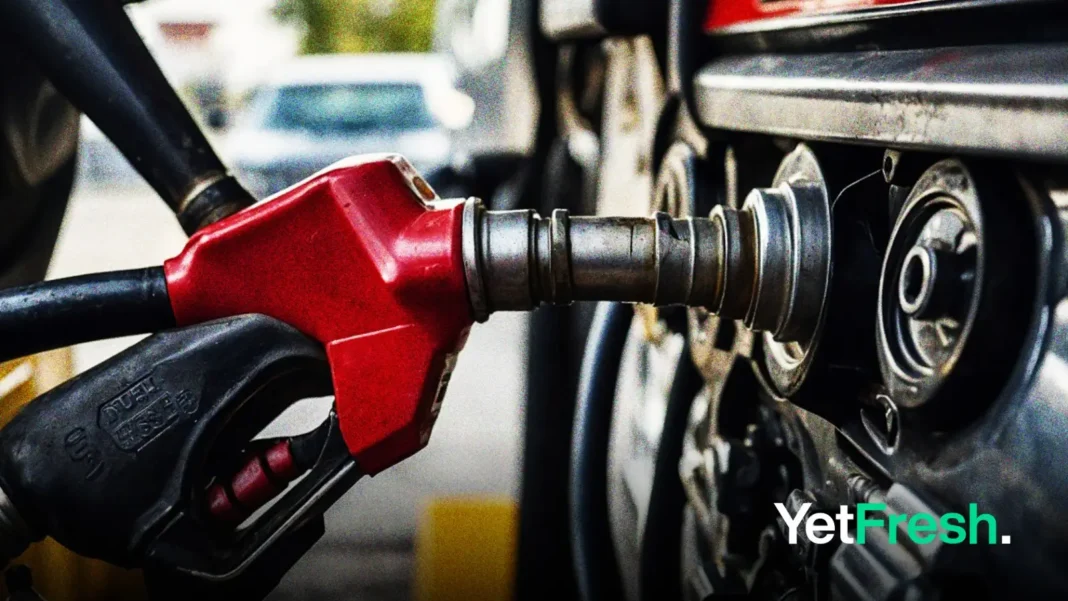No time to read? Just listen to the news!
TL;DR
- The Bangladesh government reduced fuel prices effective midnight on August 31, 2024.
- Diesel, octane, and petrol prices were decreased to align with international market trends.
- An ordinance was issued to determine fuel prices through public hearings, repealing executive order provisions.
- The reforms aim to stabilize the economy and remove political influence from fuel pricing.
The Bangladesh government has announced a reduction in fuel prices, effective from midnight on August 31, 2024. This decision was communicated by Faozul Kabir Khan, the Adviser on Power, Energy, and Mineral Resources of the Interim Government, during an inspection of the Rupsa 800 MW Combined Cycle Power Plant project in Khalishpur, Khulna. The price adjustments are as follows: diesel will decrease by Tk 1.50 to Tk 105.25 per litre, octane will drop by Tk 6 to Tk 125 per litre, and petrol will be reduced by Tk 6 to Tk 121 per litre.
This move aligns with the government’s strategy to adjust fuel prices in accordance with international market trends, as previously indicated by Khan on August 28 during a meeting with representatives from the Ministry of Power, Energy, and Mineral Resources at Petrobangla. The goal is to make fuel more affordable for the public by aligning domestic prices with global rates.
The reduction comes after the government issued an ordinance amending the Bangladesh Energy Regulatory Commission Act, 2003. This amendment repeals Section 34(a), which allowed for the increase of fuel, gas, and electricity prices through executive orders. Instead, prices will now be determined through public hearings, ensuring greater transparency and public involvement in the decision-making process. The ordinance, initially passed in December 2022, granted the government the authority to set and adjust prices in special cases, bypassing the Bangladesh Energy Regulatory Commission (BERC).
The recent price cuts are part of a broader reform to introduce an automated pricing system that reflects international market conditions. This system, implemented in March 2024, aims to stabilize the economy by preventing excessive profits or losses. It also seeks to eliminate political influence over fuel pricing, a move welcomed by economists and policy experts. Ahsan H Mansur, Executive Director of the Policy Research Institute, emphasized the need for transparency and the removal of state monopoly in fuel pricing.
The adjustments are expected to alleviate costs in various sectors, including agriculture and transportation, particularly during the Boro season. The government is prioritizing public welfare without resorting to subsidies, aiming for a balanced approach to fuel pricing that considers both economic conditions and market dynamics.
The interim government, led by Chief Advisor Dr. Muhammad Yunus, has been active in implementing reforms since taking office on August 8, 2024. These reforms are part of a broader effort to ensure stability and transparency in Bangladesh’s energy sector, aligning with global best practices and fulfilling conditions set by the International Monetary Fund for a $4.7 billion loan.
Source: Somoy News




